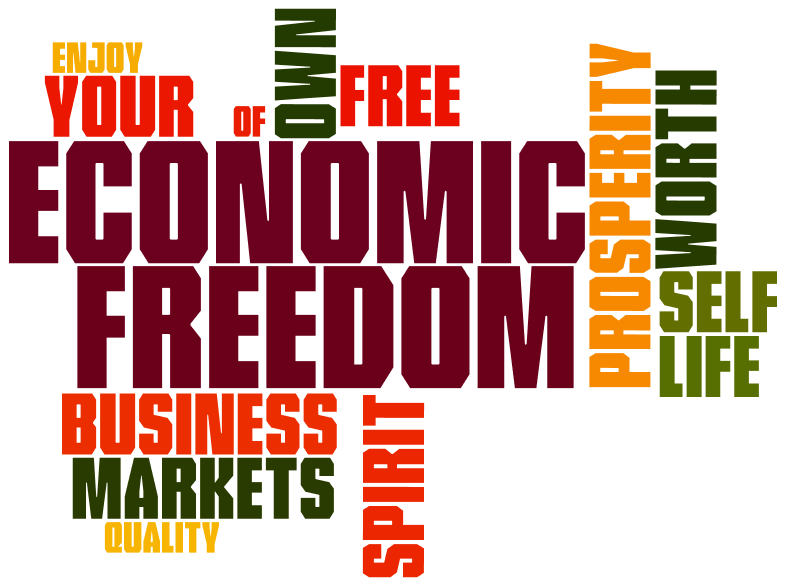The school of thought that you don’t bite the fingers that fed you has crept into giant economies like that of the United States, just like it dwells in developing nations with fragile a democracy or if we must call a spade by its name, a mere resemblance of democracy.
Aspiring office holders, who enjoyed the benevolence and extensive goodwill of business moguls during political campaigns, to the height of breaking world records, naturally, become obliged to look out for ways outside the box to pay back.
It was a monumental achievement for Obama in 2008 when his campaign team raised $745 million, which actually more than doubled that of Republican aspirant, John McCain. The money raised, indeed, set a world record in terms of amount spent in the entire history of America’s presidential campaign.
The newton’s law of motion is not an economic law in the real sense of it, but it’s quite sensational to realize that it’s so applicable to market, governance and economics. This time, I’m talking about the third law which stipulates that for every action there’s always an equal and opposite reaction. Obama’s fundraising for his campaign in 2008 has birthed a new order of cronyism, a systemwhere individuals use the power and authority of government via favoritism to gain an edge that places them far ahead of competition in the marketplace.
From a sound moral prism, being good to those who have been good to you might not sound like anything that should raise dust or economic controversy. For who doesn’t know that showing appreciation goes beyond the nice ventilation of “thank you”, or that he who gets his back well-scratched is obliged to return a good scratch when needed?
But the point is, when government spending and policies (barriers) are induced by favoritism, it brings about a wide range of adverse effects on the economy, which effectively impoverishes a large part of the population. When taxpayers’ money is spent to fortify a few companies, under the pretense of encouraging or revitalizing market, it becomes cronyism. And cronyism is a system which in every sense gives capitalism a bad name – hence, providing its opponents with a good reason to hang it.
What cronyism does to any economy is that it practically gives a selected few companies the opportunity to thrive far ahead their competitors, while others are left to struggle things out, giving room for monopoly, which causes hardship and great nuisance to market
This in no way is close to the principles and ideologies of a free market system.
It defiles the logic of capitalism when one considers the lavished amount of favoritism that mega co-operations like Google, Microsoft, General Electric, WilmerHale, and Goldman Sachs have benefited in Obama’s administration. But again, there comes a shock relief when you consider that a good number of them were his biggest campaign contributor. Then this question comes to mind. Were they just so passionate about his political philosophies, or were they expecting a possible return for money or what exactly?! Because why on earth would anyone contribute so much to a presidential aspirant?
Let’s forgo the appointment of the CEO of GE, Jeffery Immelt as Obama’s top outside economic advisor as an act of cronyism. Say because he’s in the best position, as a top notch Executive of one of the biggest United States multinational. But I strongly feel that the $210million given to GE as funds from economic stimuli law, as a means of kickback, was quite unnecessary. Not because it wasn’t needed, but essentially because the company had a total 2010 revenue that was over $150 billion. More importantly, GE has recovered from the recession far much better than many other companies in the US.
The beauty of free market lies in the concept of capitalism. The economy becomes empowered ina system wherein individuals are free to pursue their own dreams and interests, make voluntary decisions and hold private property rights in goods and services. Basically because the economy works better when individualscan grow rich essentially by being able to offer better values better products or services, at a lower price than others are able to offer.Capitalism sees to it that consumers and producers trade at mutually agreed prices without any form of cohesion.
Cronyism which empowers a few at the expense of many is a lot different from a free market system. Capitalism is genuine, like the variation in many beliefs we consider good, cronyism is the screwed up version.
Lanre Olagunju is a contributor and also a prize winner with African Liberty



